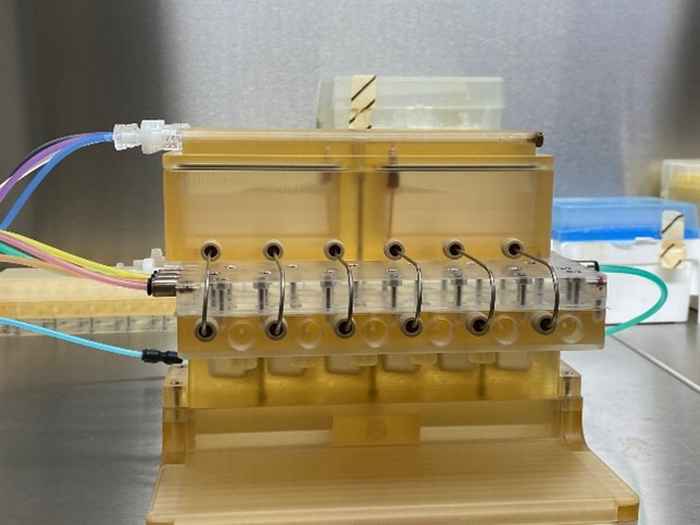NWA-ORC funding for consortium aiming to prevent overweight and tooth decay
23 March 2022
Overweight, tooth decay and a low socio-economic position often go hand in hand. This has negative consequences for health and well-being and is an example of health inequality among families. To address this, the METAHEALTH partners set up three aims, they want to: 1) obtain in-depth knowledge about the interaction between lifestyle, environment, and micro-organisms during pregnancy and the first thousand days, 2) learn how care can better match the needs and complex daily reality of children and families, and 3) based on this knowledge, co-create effective interventions for the prevention of overweight and tooth decay.
The human microbiome as point of focus
The first 1000 days of life are critical in setting up the so-called microbiome, which is important for the gut and oral health, as well as health in general later in life. The microbiome is a term to describe the community of microorganisms (such as bacteria and fungi) present in the human body. For example, in the gut there are about 300-1000 species that contribute to the daily processing of food and proper functioning of the immune system in this organ. The gut microbiome and oral microbiome are closely connected when it comes to health.

Host-microbiome interactions and their effect on health
At the Swammerdam Institute for Life Sciences (SILS-UvA), Stanley Brul and Jianbo Zhang will focus on the interactions occurring between the microbiome and its host, human tissue and cells. They will investigate the mechanisms underlying the host-microbiome-immune interactions and identify potential interventions that can help strengthen the immune system via the microbiome, to increase oral and gut health. To complement the experimental part of the project, Age Smilde and Meike Wortel will contribute with their data analysis and modelling expertise to integrate data in the consortium and look into how the host-microbiome interaction evolves over time within and across cohorts of patients, and how intervention measures can be applied.
Collaborating from fundamental science to policy makers
The consortium brings together fundamental scientists from several Universities and research institutes to policy makers, care institutions and companies. Parents of young children will also be involved in different parts of the project. The main applicant is Egija Zaura, professor at the Academic Centre for Dentistry Amsterdam (ACTA). Many of the applicants already joined forces in the UvA Research Priority Area Personal Microbiome Health. The METAHEALTH project will allow them to further explore the role of the microbiome in the incidence of obesity and oral diseases, aiming to lead to better well-being and quality of life for children.
NWA-ORC
The funding round for Research along Routes by Consortia (NWA-ORC) is annually awarded. All projects fit the Dutch Research Agenda. This year 28 consortia are awarded.